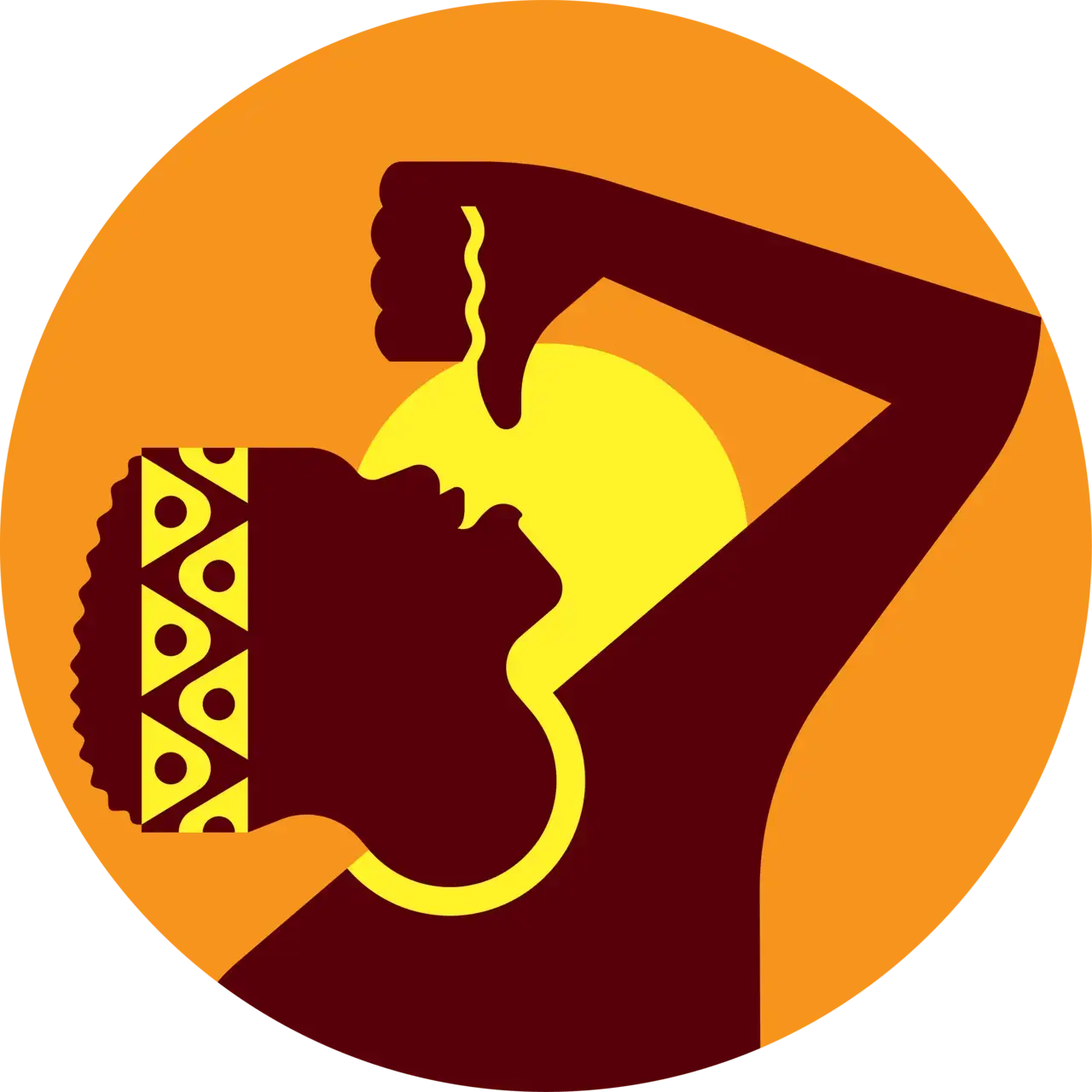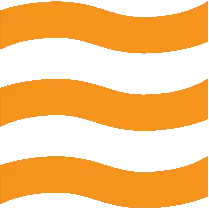Water recycling isn’t optional, it’s how we’ll survive
Maths made simple
If you’re not good at maths but want to get your head around one of the world’s scariest calculations, this is for you.
The amount of water on Earth hasn’t changed in the last 3 billion years — we’re literally drinking the same water dinosaurs drank! It naturally recycles through the water cycle you learned about in primary school.
And here’s the thing: freshwater makes up less than 1% of all the water on Earth.
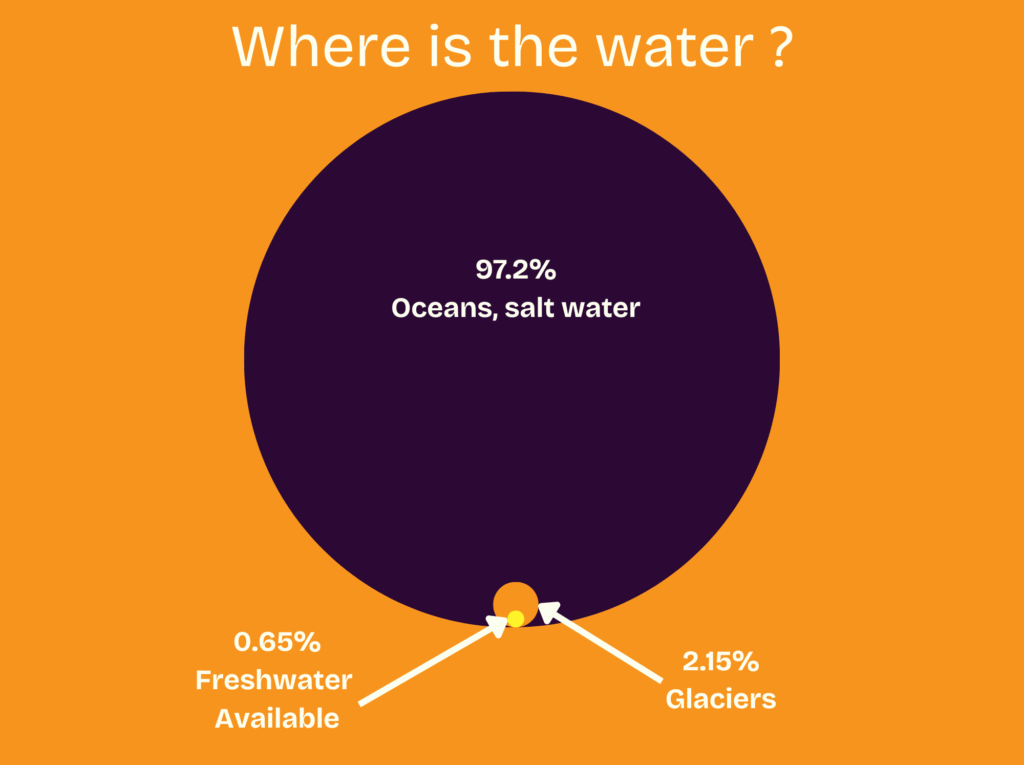
Dinosaurs Era vs Humans Era
What has changed is the availability of freshwater, which has dropped quickly over the past few decades. That’s because we’re using it faster than it can be replenished through the natural cycle of seawater → evaporation → rain.
On top of that, some freshwater has become too polluted to use.
Another big change since the dinosaurs’ time is our massive population growth. The human demand for water is rising super fast, and obviously that doesn’t match up well with the shrinking supply of freshwater.
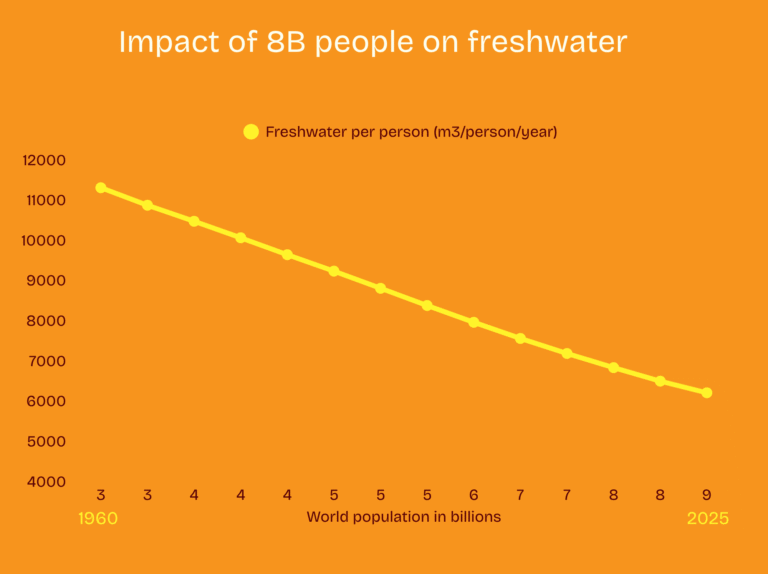
So why don't we recycle water ?
Unfortunately, because water reuse isn’t yet part of our culture and water remains very cheap, around €4.50 per 1,000 liters in France or €2 in South Africa—it is used just once before being discarded, unlike dishes, clothes, or many other valuable items that we reuse over and over !
If we don’t change our mindset and start reusing water, we’ll never fix the global water problem. Increasing water rates is the most powerful and efficient strategy to encourage water reuse.
It's slowly changing
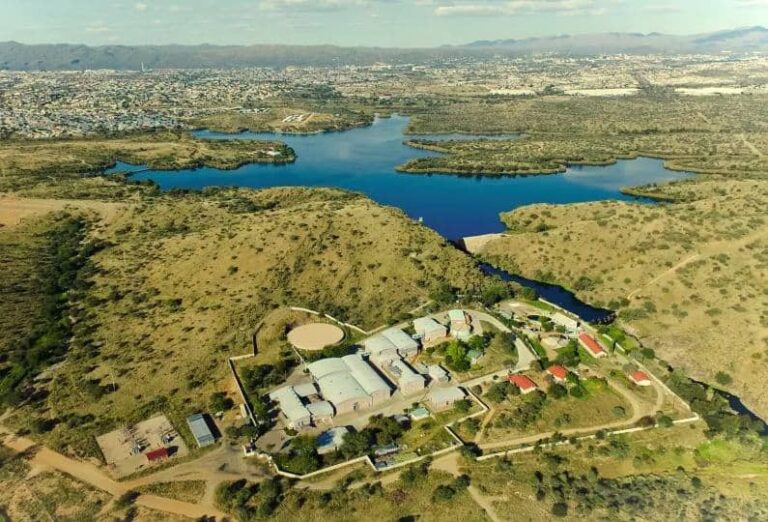
The Goreangab wastewater recycling plant in Windhoek, Namibia, started in 1968
Pioneer countries like Namibia and Singapore have been recycling wastewater into drinking water for decades, also known as “Toilet to Tap.”
Windhoek, the capital of Namibia, has been doing it since 1968, and it works amazingly well.
They use multi-barrier processes that filter the water to an extremely high level, making their recycled water some of the cleanest and safest drinking water in the world.
At Drytong, we’ve chosen to focus on recycling greywater, that’s about 60% of the water you use at home, and it has the biggest potential to help solve the world’s water problem.
